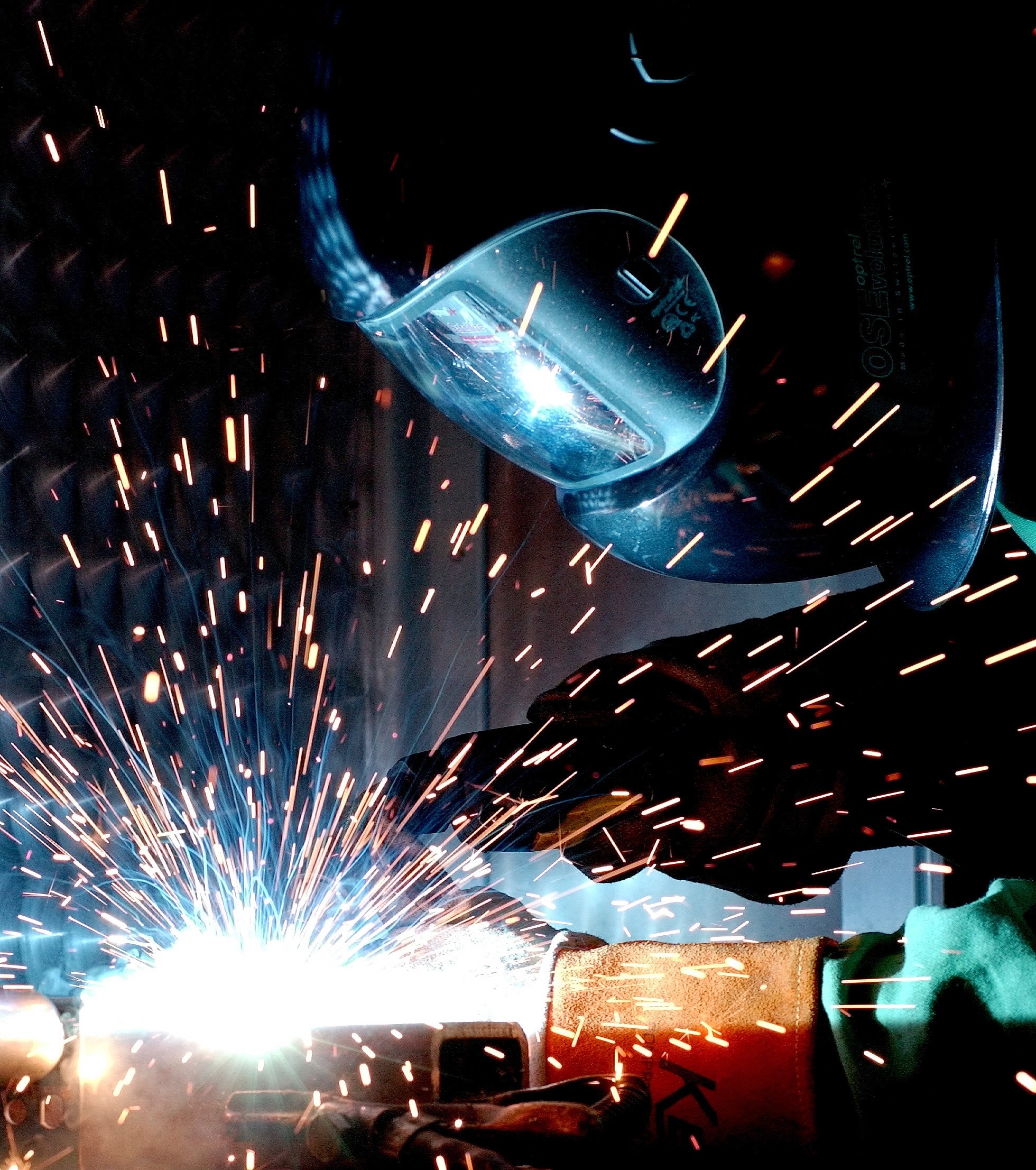In the field of technical adhesive tapes: An omnipresent pillar in modern industry
Exploring the fundamental role of technical adhesive tapes in the efficiency and versatility of multiple industrial sectors
Technical adhesive tapes have emerged as essential elements in modern engineering and manufacturing, playing a crucial role in a wide range of industrial applications. From the automotive industry to electronics, construction and medicine, these tapes offer a versatile and reliable solution for a variety of bonding and assembly challenges.
In the automotive sector, technical adhesive tapes are used to mount internal and external components, reducing the overall weight of the vehicle and improving structural strength. Additionally, they offer an efficient alternative to traditional joining methods, allowing for faster production and reduced costs. In the electronics industry, these tapes are essential for assembling devices and circuits, providing a secure and stable connection without compromising the integrity of the components.
In the construction field, technical adhesive tapes play an important role in the installation of panels and cladding, providing a durable, weather-resistant bond. Their ability to adhere to a variety of surfaces, including metals, plastics and glass, makes them an ideal choice for demanding architectural applications. In the medical field, these tapes are used in the manufacture of medical devices and in securing dressings and bandages, providing a hypoallergenic and safe solution for sensitive skin.
The versatility of technical adhesive tapes extends to other sectors, such as aerospace, renewable energy and consumer goods manufacturing. Their ability to withstand extreme conditions of temperature, pressure and humidity makes them indispensable in demanding environments and critical applications.
In summary, technical adhesive tapes have evolved from simple bonding solutions to critical components in modern industry. Their ability to provide a secure, durable and versatile bond has made them ubiquitous in almost all industrial sectors, driving efficiency, innovation and progress around the world.


